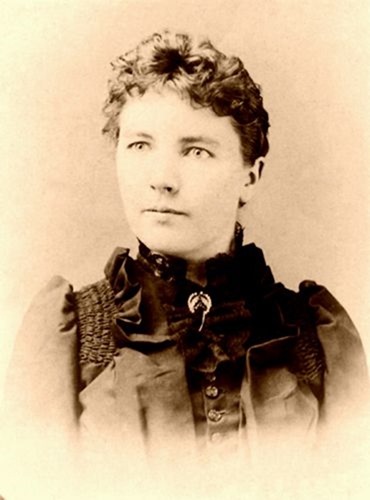Writer’s Block- A condition associated with writing as a profession, in which an author loses the ability to produce new work—also known as the murderous enemy of writers young and old alike.
Writer’s Block is something I’ve struggled to explain effectively for many years. It takes on so many forms; most specific to the victim they prey on. Many a crafter of literature has found his or herself staring at a blank page for hours due to this vile condition. It’s a predator that leaves the mind utterly duped, especially when it happens for the first time to writers who are new to the game. So far in my undersized life, two have texted me at ungodly hours in the morning in a ruffled state of frustration an utter confusion, saying things like, ‘Nothing has changed! I know exactly what I want to say! But I can’t write!’
Seem familiar? If so, don’t fret dear readers! Writer’s Block is an unfortunate, yet natural occurrence in the habits of writing. It can be caused by stress, time crunch, sleep deprivation, or merely being burnt out from hours of hard work with the pen.
Let me let you in on a little secret—if you haven’t noticed, two issues back I claimed I would have my prologue done. (Now granted, I have been skipping ahead a bit, but my prologue has been an ongoing project). Well—guess what?
Nope. Definitely not done.
Now I’ve had Writer’s Block more than once in my life, but it seems like every time it occurs it always takes me quite a lengthy amount of time to figure out I’m suffering from it. In this case, I had thousands of words typed out, a colossal amount of plotting and character notes, and then…
It just stopped. The ideas. The creativity. Everything.
I soon exhibited the natural behavior of a writer with too much to say and no way to say it—I refused to admit my problem and tried to push on. I went as far as dragging my laptop all the way to Texas for my family’s Thanksgiving celebration, where I sat on the couch amongst my chatty relatives, and literally, I mean literally, wrote and re-wrote the same passage exactly nine times before giving up in a noticeable bout of anger.
This would go on for about a week and a half before I finally stepped back and admitted defeat. I needed a break, and I wasn’t going to be getting anywhere fast with my work if I didn’t find a way to take a brief holiday from it.
One amazing thing I’ve learned about Writer’s Block in the past is how, if you’re lucky enough to be immersed in the correct form of the syndrome, you can turn it around and take the advantage. During the short term away from my piece, I’ve often found that I can still plot and dream up scenes for my book in my head. Though I can’t necessarily write these events down in a hearty flow of text at that point, I often find myself analyzing what I’m so eager to write about. I may find a whole new way to accomplish something in my story just by taking the time to give it some thought.
This doesn’t fly for all writers—some develop a severe form of Writer’s Block that halts all thought processes related to the piece (I’ve only experienced this once… Most miserable four days of my life). If such is the case, there are many tips and tricks that can help tease the mind back into submission. My personal favorite? Pull out that dusty dream box in the back of your head, because it’s time to have a little fun!
A popular cure for Writer’s Block is dreaming: not the kind you do in your sleep, but the kind that drives you towards your goals and aspirations. For example—have you ever stopped to think what it would be like if your book was made into a movie? What sort of audience would it draw? What would be emphasized? Most importantly, what mortal actors could be worthy enough to take on the twisted beauties that make up your cast of characters?
Sounds childish? Not even. Intertwining your writing with your dreams is an important part of being an author. What sort of work would you produce if you weren’t absolutely head-over-heels for your story? Play it out creatively—live the life of the rich in famous! Give life to your untamed dreams of a career as a published author. These sorts of exercises will help to bond you with your novel and characters, hence, the creative juices will have a chance to flow again at the precise pace.
As for me—I took my little holiday. I spent about a week hallucinating images of what I could, and should be writing. Turns out, I found a better way to express my point in the prologue than I originally had planned! With that decided, I sat down at my laptop one evening, made a heavy list of my characters, and spent the entire night bartering over who I would like to see cast as them in the movie. Was it productive to the novel? Probably not. Am I writing again? You bet—and faster than the ever too.








